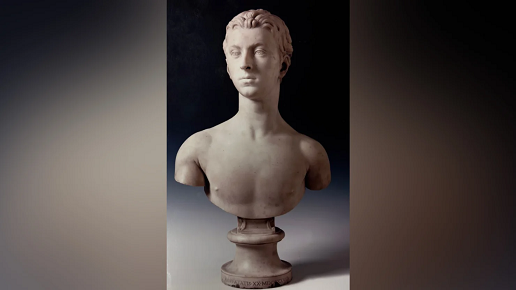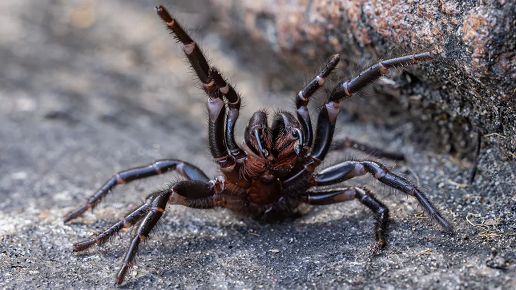[Taiwan Immigrants Global News Network] This year’s Chinese New Year holiday will be held for 10 consecutive days from January 20 to the eight day of the Lunar New Year (January 29). During the Chinese New Year, sticking new year scroll, preparing Chinese New Year’s Eve dinner, and praying are all must-do to welcome the new year, but there are also many customs and taboos to be aware of. This article organizes the New Year customs and taboos from ‘Chinese New Year’s Eve to the second day of Chinese New Year’, to lead new residents to understand the meaning of these days.
- 除夕(1月21日)
Chinese New Year’s Eve (21st January)
Custom: Chinese New Year’s Eve evening, the whole family get together at dining table to enjoy the dishes of Chinese New Year’s Eve. These dishes have their own meaning, “mustard greens” means longevity, “radish” means good blessings, “fish” means great fortune, “pineapple” means good luck. You need to be aware not to eat the head and tail when eating the fish, to get great fortune and you cannot bite off long-life dishes to live a long life.
After eating, the elders will give red envelope to the younger generations which means. Asking each other for good luck and peace. In addition, Chinese New Year’s Eve also needs to stay up late. It usually starts when the family gathers for Chinese New Year’s Eve and stay up until 12 midnight to pray for parents to have a long life.
Taboos: It is said that washing and drying clothes at night on Chinese New Year’s Eve will attract attention of the ghosts and gods, and hanging clothes on clothes poles will attract bad luck. In addition, if you break up items on that day, you can silently say ‘歲歲平安or Peace over the years’, or wrap the pieces in red paper and put them on the table for a few days to dissolve. On Chinese New Year’s Eve, you can’t turn off the lights when you sleep at night, it’s best to wait until the first day to turn off lights to bring good luck.
- 初一(1月22日)
First day of Chinese New Year (22nd January)
Customs: Setting off firecrackers on the first day, pray for peace and good luck to create a lively atmosphere. People go to the temple to burn incense, pray, and visit neighbors. This itinerary is commonly knowns as “Walking fortune (走春)”. On the first day, many temples also have “grabbing incense stick (搶頭香)” activities, it is said that those who snatch the first pillar of incense on that day will receive the favor and blessing of the Gods throughout the year.
Taboo: The daughter who marries should not return to the mother’s house, otherwise it will bring bad luck to her mother’s family for a whole year. It is also not advisable to sweep the floor on that day, so as to not sweep away financial luck and good luck; If you have to sweep the floor, you must clean it from ‘the outside in’.
- 初二(1月23日)
Second day of Chinese New Year (23rd January)
Custom: The second day is the day to return to mother’s house, the married daughter can take her husband and children to pay a visit to her parents. Traditionally, singular numbers are taboo in the door-return ceremony, and it is best to be in pairs and walk with the husband and son-in-law. In addition, the daughter must bring some gifts and red envelopes to distribute to the children of her natal family. Gift money and gifts should be prepared in even numbers, which symbolizes pairs.
Taboo: Do not take a nap, otherwise the whole year will be lazy and lifeless! It is also strictly forbidden to clean and wash clothes, otherwise it will drive away good luck.

0121.jpg)





